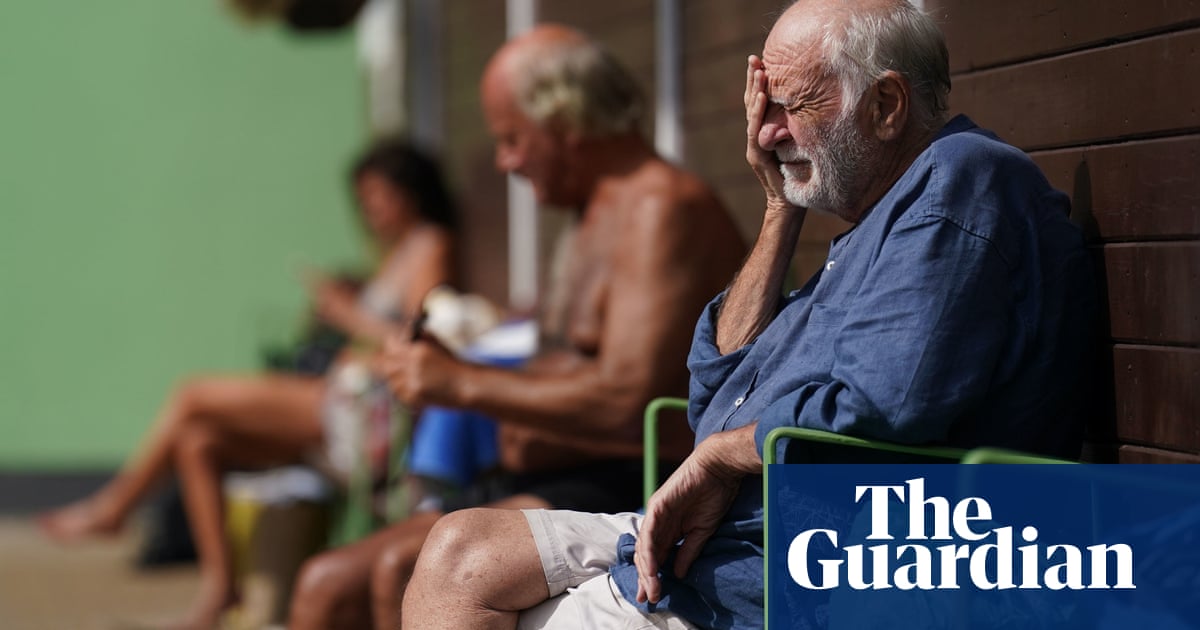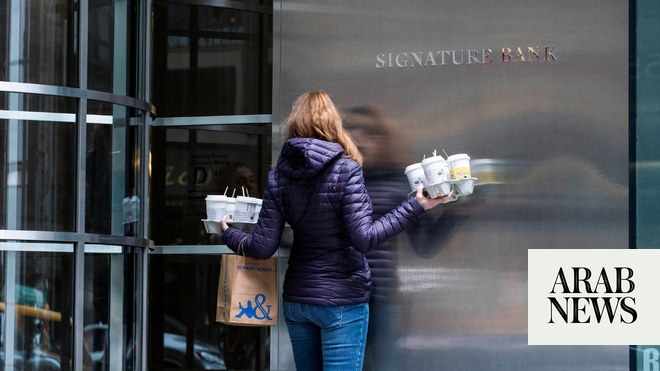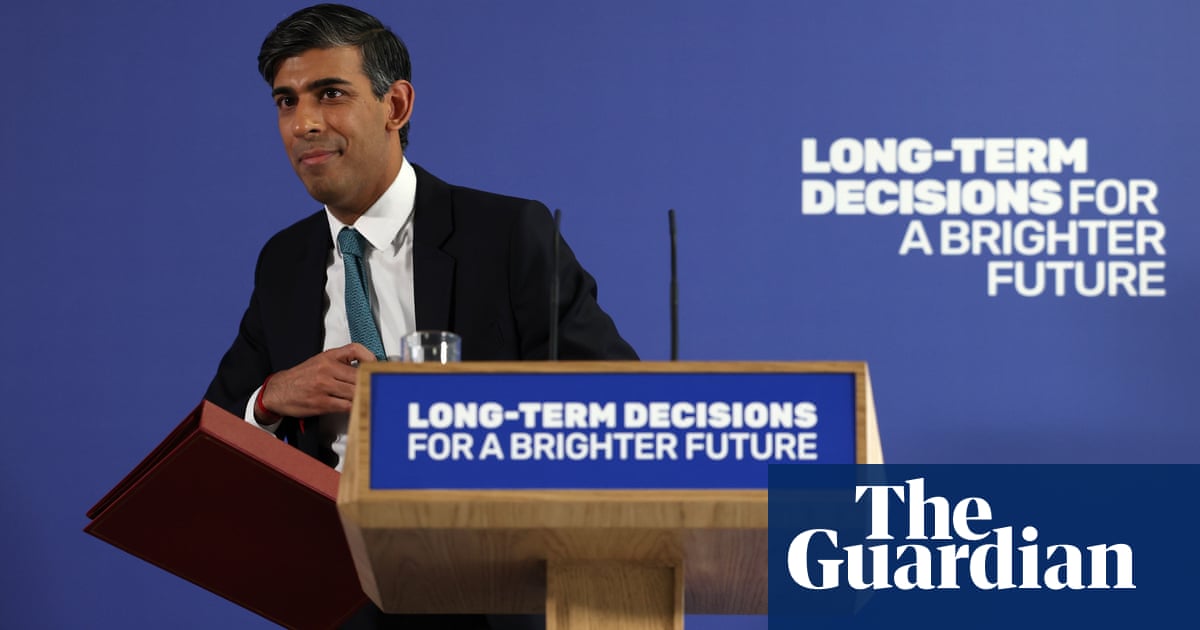
lot of skulking went on at Other Music, the celebrated New York record store. It was an odd kind of dance: nervous customers, hiding behind CD racks or LP sleeves, trying to conjure up a question that wouldn’t result in utter humiliation. The staff there had quite a reputation, after all.
The experience is relived in a surprisingly moving new documentary about the shop, also called Other Music. Notable fans Regina Spektor and Jason Schwartzman still sound daunted by Other’s intense atmosphere. “If I’m completely honest, I was never just ‘chill’ in there,” confides Spektor, to camera. “I always got that first-day-of-school feeling, like: OK, just don’t fuck up.”
Several former staff admit to their serial moodiness, although the management seem slightly upset at the accusation. This is understandable, given the devoted community they built up over 21 years; the film goes on to capture the store’s final days, before it gets physically ripped apart. Watching it could hurt even the coolest of hearts.
After opening in 1995, Other became the go-to store in a musically fertile corner of the NoHo district of Manhattan. The name was apt: Other opened opposite a huge Tower Records and resolved to sell what Tower didn’t. It outlasted it, too, and would become the small but crucial hub of New York’s vibrant 00s indie boom: the National, Vampire Weekend, TV on the Radio and many more are all indebted to Other.
I experienced those heady early years firsthand, between 1998 and 1999, enlivening a sedate Long Island gap year with gleeful dashes around lower Manhattan’s record shops. At Other, though, I skulked, soaking up the sounds but keeping resolutely shtum, staying for ages then leaving with just freesheets and flyers, usually. You can see why the staff got impatient.
Two decades on, I am reminiscing over Zoom with the makers of the film, Puloma Basu and Rob Hatch-Miller, who are now based in Los Angeles, but were once Other regulars. The latter worked there, between 2002 and 2005, which was quite a leap from his early forays into the store. “One of the first times I ever asked someone in the store for something, I was terrified, like, shaking,” he admits. Basu agrees: “It was extra scary, because it was tiny. You would walk in and everybody would look up.”
Then again, they did get some amazing customers; Benicio del Toro turned up on Basu’s second day of filming, hunting recommendations. The staff were gruff, but knew their stuff. Other’s employee picks, handwritten on cards or boards, or in their influential newsletters, could make or break a band. Sometimes, the staff were the band. Antipop Consortium’s charismatic rapper Beans was its most recognisable employee, invariably just “standing in the corner with his sunglasses”, Hatch-Miller says, smiling. Half of Animal Collective also worked at Other. “Then Dave [Portner] got fired. But he was still in there hanging out all the time.”
The co-owners, Josh Madell and Chris Vanderloo, were responsible for cultivating this menagerie of wilful oddballs. The unique workforce would be immortalised by frequent visitor Aziz Ansari, who filmed a sketch at the store that didn’t pull any punches: Ansari’s evil clerk character eventually takes an uncool customer out back and shoots him.
“I do recall Aziz asking if he could wear one of our T-shirts, and then I was sitting watching as he really started laying into it, making fun of elitist indie culture,” says Madell. That seemed an affront, initially, but “when you own a retail store which specialises in music categories like ‘la decadance’, ‘out’ and ‘krautrock’, I guess you have to be able to laugh at yourself a bit”.
Madell is also a pained onlooker during the film’s most powerful scene, watching as his beloved record store is smashed apart. The film is certainly sad, but it is intended to be celebratory, as if the store staff were a great sports team – indie’s very own Last Dance. Basu remembers a screening at Tribeca film festival: “I turned around and all these really cool people, in their mid-40s or whatever, were just weeping.”
The message is particularly poignant mid-pandemic, with many businesses struggling. The film’s theatrical release was also curtailed by Covid, so they have had to improvise, arranging virtual screenings and raising $25,000 (£18,000) for more than 200 record shops. As the film suggests, these spaces are much more than just stores.
Other became most influential just as record sales fell, ironically. “The early 00s, post-9/11, all the heat around New York; Other Music was really like the CBGBs of that era,” Hatch-Miller says. The National’s Matt Berninger is one of many stars to cite Other’s importance. Portner and Vampire Weekend’s Ezra Koenig credit the store’s mixed-up racking policy with heavily influencing their sounds.
Behind the counter, things were tougher. The owners’ partners had to support them financially as casual customers shifted online. Other launched a well-curated download site, but digital music just wasn’t its thing and the website was closed in 2013. This caused angst for one well-known customer. “Lou Reed really loved it, apparently, and his management reached out because he was upset when they shut it down,” says Hatch-Miller.
Sticking to the old ethos was increasingly difficult. As Basu filmed, “the last six weeks, we started to notice they had Beatles albums, stuff like that,” which was hardly “other” music. The writing was on the wall for this hive of handwritten, marker-on-whiteboard knowledge. The store closed in June 2016.
Madell moved across the industry into music distribution. “The only thing missing is that last, best step, where you recommend a record to a fan,” he says, “then a few days later you get to hear how it really touched their lives.” Vanderloo remained in retail. “Chris is now manager of a grocery store in Manhattan,” reports Hatch-Miller. “Some of that old cast of characters, the hardcore customers, they hang out there now. It’s pretty funny. But I’m not sure it helps with his work.”












